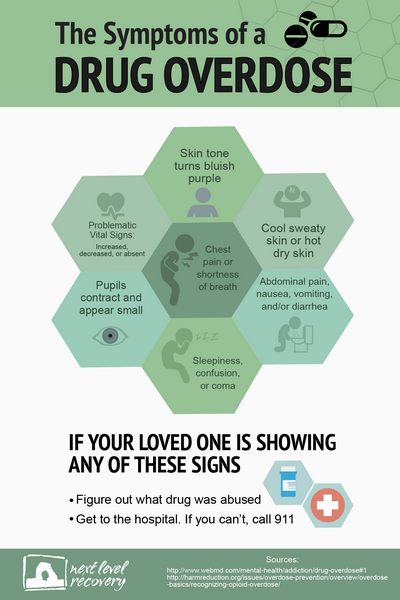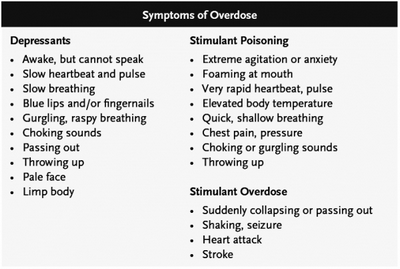A fatal overdose can cause serious medical complications, ranging from death to long-term disabilities.

The seriousness of an overdose also depends on the specific drug involved, the number of doses taken, and the person’s personal and health history. Many factors contribute to the potential for an overdose. However, the most important factors that influence the chance of an overdose are alcohol and drug use.
Most people know that they have been intoxicated with alcohol, but they are less aware of the possibility of an overdose, particularly when it comes to drugs. People use drugs to alleviate stress, relieve pain or simply feel better. Sometimes, this relief is temporary; others depend on them as their primary method of pain management or recreation. Unfortunately, many drug users get hooked to these medications, especially when they have no other means of obtaining relief. If you think you may be addicted to any of these drugs, you need to seek help right away. By the time you are in the emergency room, you could already be dead.
Drugs can affect your brain chemistry in a number of ways, affecting your perception of reality and your mood. Some drugs, like alcohol, make you more tolerant to pain and are not as dangerous if abused, while others can cause euphoria and hallucinations if abused. These can be devastating to a person’s mental health and well-being. Many drugs contain addictive properties. Others are not addictive at all. However, some, such as opiates, depressants, benzodiazepines and antidepressants, can cause fatal overdose if abused.
When a person becomes dependent on prescription medications, medical professionals must be careful to keep a patient away from over-the-counter medications, which are usually just as dangerous.

While they may help the patient temporarily, they still carry the potential for overdose if the dosage is not carefully monitored by a trained medical professional.
Many individuals find themselves suffering from drug-related overdose, either by self-medication or by a medical professional. Self-medicating or self-prescription can be risky because the person using it does not recognize the dangerous nature of the drugs, and does not take them as directed. This can result in severe side effects if a patient is not educated on how to handle their own medication. They may not realize that using too much can lead to respiratory depression, loss of consciousness, coma or even death. When someone is taking a prescribed medicine for depression, they may have little idea of what medications cause of their depression and become very tolerant to it.
Drug abusers sometimes turn to street drugs or even illegal drugs that have higher levels of the drug than that found in their medicine. This increases the potential for an overdose because they have more of the drug available for their body to absorb. Some people try to self-medicate with illegal drugs to mask the side effects of the prescription medications they are taking.
Another common cause of drug-related overdose is mixing more drugs with a medication, such as by mixing heroin or painkillers. In addition to increasing the amount of drug available for the user, mixing the drugs increases the amount of morphine or heroin in their system. The extra drug will also make it harder to metabolize the other drug. This can cause the user to experience severe and often unexpected effects that can include unconsciousness or even death.
Finally, an overdose involves the sharing of pills and/or syringes. Sharing of these items between people poses a significant threat to those in need of them. If one individual has an allergic reaction, this can occur as well. In some cases, drug abusers have passed around needles or syringes in order to get others hooked on a drug or to get a high from one person’s dose to another person’s dose.